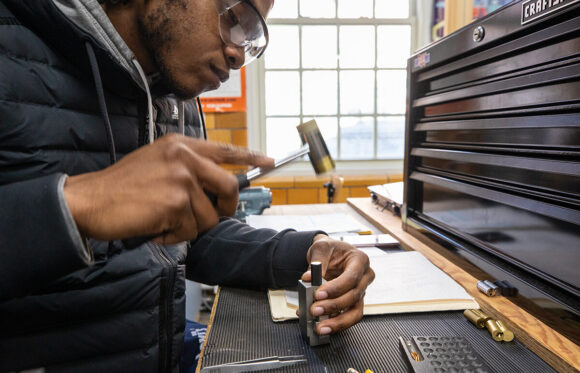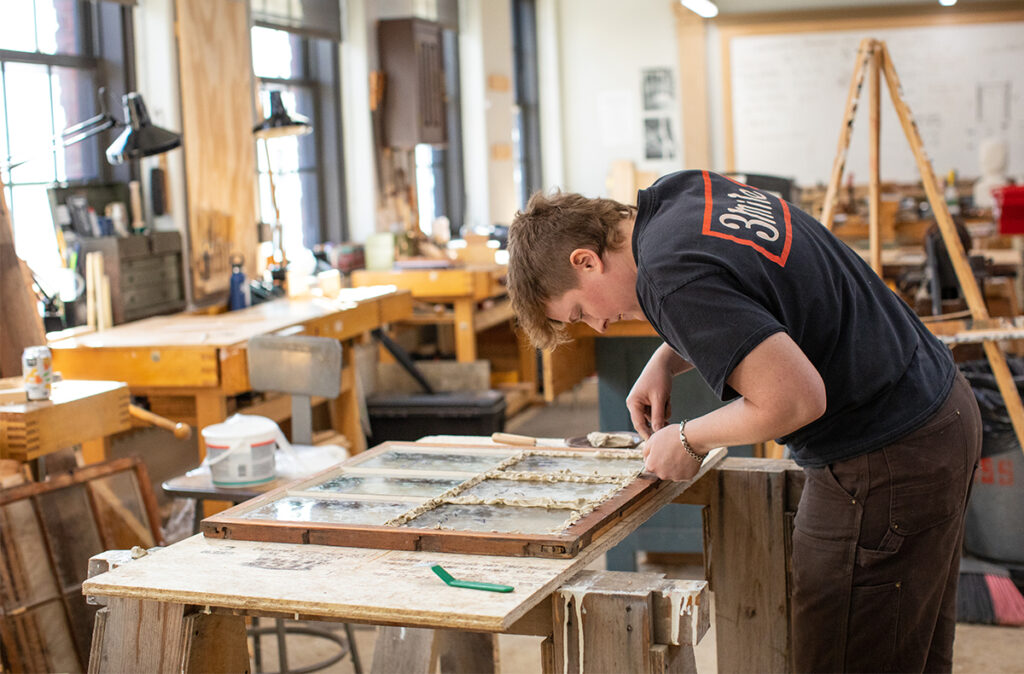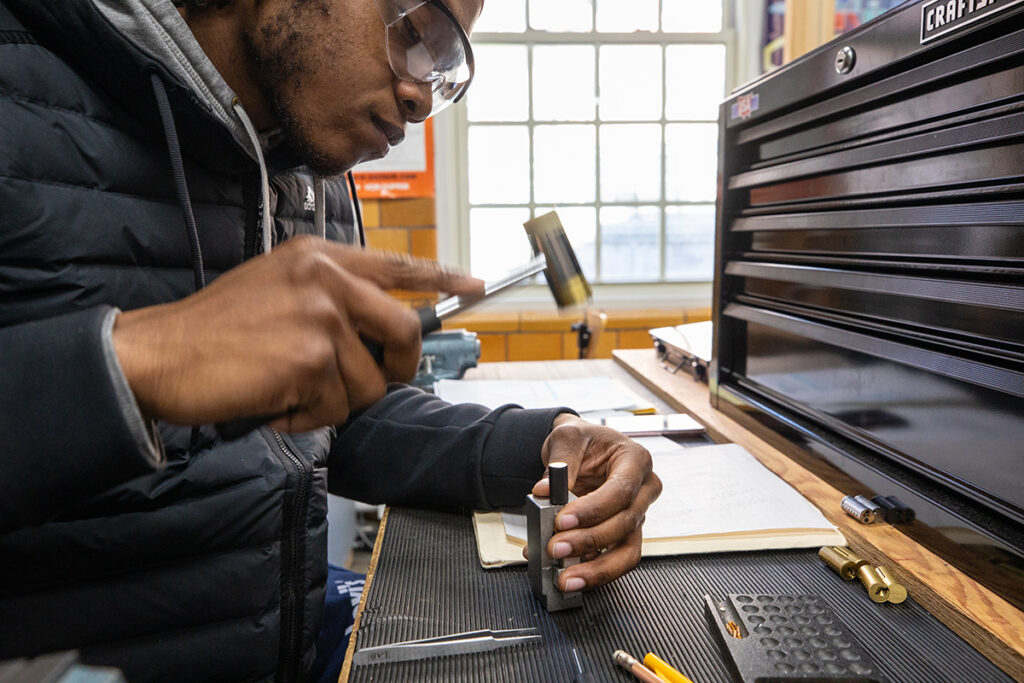Skilled Trade Careers: It Pays to Know Your Options

It’s clear. There is a resurgence of interest in skilled trade careers. For many years, individuals like Mike Rowe have pointed out that we are facing a skills gap in this country that is only growing wider. Jobs that require specialized skills, especially those in the trades, are just not being filled. As Mike recently pointed out, “We have 7.3 million open jobs right now, most of which don’t require a four-year degree. They require training, they require skill, and they require a willingness to master a trade that’s in demand.”

But the tide may be turning. Something is happening on college campuses across the country—there are fewer students. In fact, between 2019 and 2021, there were more than a million fewer students enrolled in college, a historic decline. One survey of high school students taken in 2021 showed just 48% thought they would be pursuing a four-year degree. When you think about it, It really does make sense to look at a trade school, especially when you consider factors such as cost, earning potential, and the time it takes to start your full-time career.
The survey summary concluded that “In the end, the findings point to a shift in mindset. While the four-year college path has become the “status quo” for many, a majority of today’s Gen Z teens are questioning this path and are looking to pursue more affordable education options that connect directly to careers.”
It’s not just young people. Seeing the number of job opportunities and the good pay, veterans and career changers are increasingly considering careers in the skilled trades. Even our leaders are heralding the benefits of considering trade school over a traditional, and more expensive, four-year degree.
But what might that skilled trade career look like? When we typically think of the skilled trades, we think of careers such as a carpenter, plumber, mechanic, or electrician. But there are many other lesser-recognized trade career options that are in high demand. If you’re considering a trade school, understanding all your career options will help you choose a future work path that best suits you.

At NBSS, we offer a unique selection of training programs for skilled career paths that range from jewelry making to piano technology and much more. For example, if you’re looking to launch your own business, a career in the security field as a locksmith may be the perfect way to go. Or, if you have a love for historic homes and fine woodworking skills, preservation carpentry could just be the perfect fit for you.
A major advantage of attending a trade school is the diversity of the student population and availability of financial support. Many veterans choose to come to NBSS to forge their own independent career path after leaving the service, and are able to take advantage of a strong network and educational benefits for veterans.
And you don’t need to be a veteran to access financial support. Over 70% of qualified students at NBSS receive some form of funding, including grants, scholarships, and loans. There are also outside scholarships and support available through programs such as mikeroweWORKS Foundation.
Thinking out of the box can pay big dividends when it comes to your future. Taking some time to thoroughly research your skilled trade options, training schools, and available financial support will help you make the right decision.

